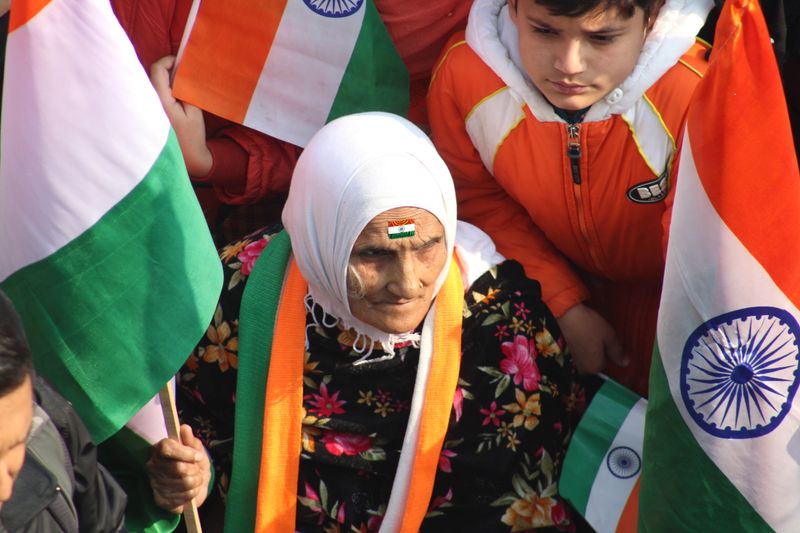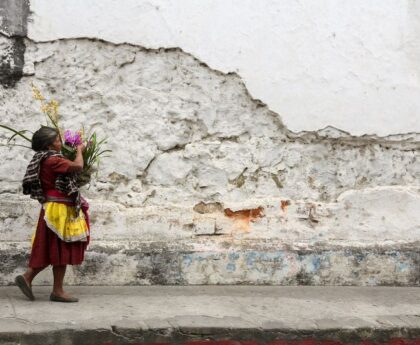Former Pakistan Prime Minister Imran Khan Sentenced to Three Years in Prison
Introduction
Former Pakistani Prime Minister Imran Khan has been sentenced to three years in prison after being found guilty of illegally selling state gifts. Khan, who is currently the leader of the political party Pakistan Tehreek-e-Insaf (PTI), is accused of selling state possessions worth approximately $757,000 during his tenure as prime minister from 2018 to 2022. This conviction comes at a critical time for Khan, as national elections are scheduled to be held before early November, and a conviction in this case could effectively end his chances of participating in the elections.
A Controversial Verdict
The arrest of Imran Khan, who was detained in Lahore, has already sparked intense political turmoil and deadly clashes between his supporters and the police earlier this year. His lawyers are currently appealing the sentencing in the high court, while PTI has filed an appeal in the country’s Supreme Court over the district court’s decision. It is worth noting that the conviction came just a day after the high court had temporarily halted the district court trial, leading to confusion and questions surrounding the timing of the verdict.
Potential Implications for Elections
Legal experts argue that Imran Khan’s conviction could have significant implications for his political future and his ability to participate in the upcoming elections. With more than 150 legal cases against him, including charges of corruption, terrorism, and inciting violence, Khan’s chances of returning to power seem uncertain at best. Khan himself has alleged that the current army chief General Asim Munir is targeting him and his party, PTI, to prevent his return to power. The accusations and counter-accusations have further exacerbated the already tense relationship between the military and civilian leadership in Pakistan.
Editorial and Philosophical Discussion
The Rule of Law and Political Accountability
The case of Imran Khan raises important questions about the rule of law and political accountability in Pakistan. It is crucial to have a fair and impartial justice system that investigates allegations of wrongdoing by public officials. However, it is equally important to ensure that the legal process is not manipulated for political purposes or to target specific individuals.
Political Turmoil and Stability
Pakistan has been grappling with political instability for many years, with frequent changes in government and periods of military rule. This ongoing instability has hindered the country’s progress and development. The arrest and conviction of a former prime minister should ideally be a reflection of the strength and independence of the country’s institutions. However, if the legal proceedings are seen as politically motivated or biased, it could further deepen the existing political fault lines and undermine public trust in the justice system.
Implications for Democracy
Democracy relies on a strong system of checks and balances, where all individuals, regardless of their political status, are subject to the same laws. If there is a perception that the legal system is being used selectively to target political opponents, it can erode public trust in democratic institutions. This can have profound consequences for the stability and functioning of democracy in the country.
Advice and Recommendations
It is crucial for Pakistan to ensure that the legal proceedings against Imran Khan are conducted in a fair and transparent manner, free from political interference. The allegations against Khan should be thoroughly investigated, and if he is found guilty, appropriate punishment should be meted out. At the same time, it is essential to provide him with a fair opportunity to defend himself and present his case.
Furthermore, the Pakistani government should prioritize strengthening democratic institutions and ensuring the rule of law is upheld. This includes building independent and impartial judiciary, fostering a free and responsible media, and empowering civil society organizations to hold public officials accountable.
Ultimately, the future of Pakistani democracy depends on fair and transparent legal proceedings, political accountability, and a commitment to the principles of justice and equality for all citizens, regardless of their political affiliations.

<< photo by Shakeb Tawheed >>
The image is for illustrative purposes only and does not depict the actual situation.
You might want to read !
- “Reflections on Victory: Acknowledging the Impact of Change”
- Matildas Masterclass Proves Inevitable, Asserts Coach
- Kerr’s Rousing Rallying Cry Ignites Matildas’ Sensational Victory
- Pies’ Star-Studded Injury Woes as Hawks Reign Supreme
- “Upset of the Year: Hawks Shock the Pies, Daicos Dominated”
- “The Rise of Miyazawa: Japan Secures Victory over Norway in Thrilling Match”
- Footy Wrap: Hawks Soar while Star Pies Sidelined in Injury Blow




